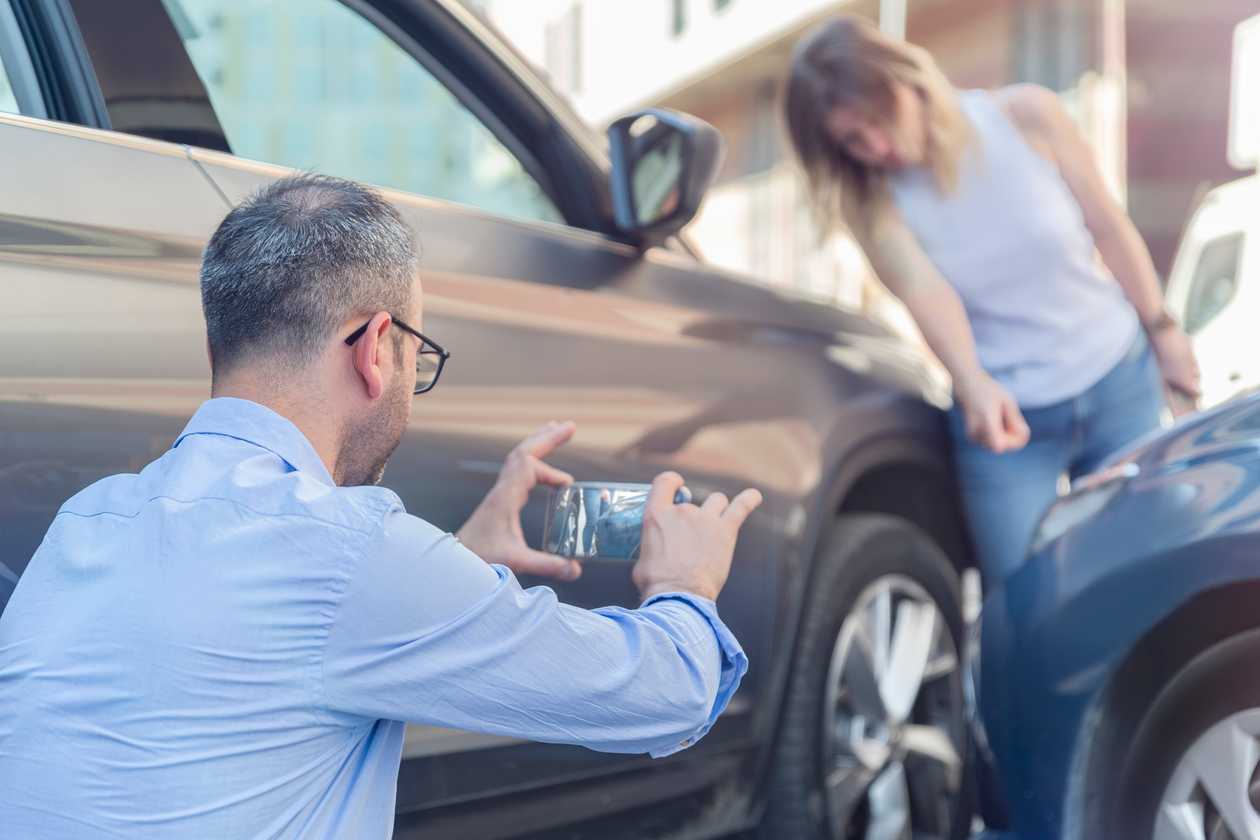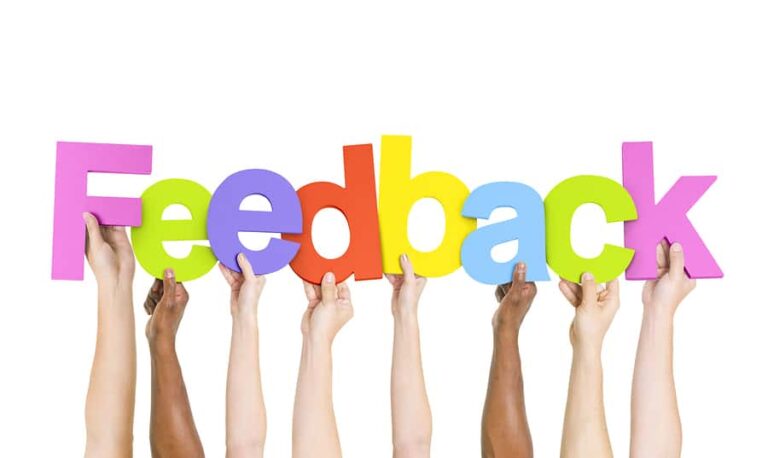How to File an Insurance Claim Against the Other Driver
Finding yourself in a car accident can be a disorienting experience. Once the dust settles and everyone involved ensures there are no injuries, the next steps aren’t always clear, especially when dealing with insurance claims. This guide will walk you through exactly what to do after an accident caused by another driver to file an insurance claim successfully.
Gathering Evidence at the Accident Scene
If you’ve been involved in a collision, the first thing to do is pull over and get to safety if possible. Assuming no injuries require immediate medical attention, you’ll want to exchange insurance information with the other driver.
Be sure to collect:
- Their name and contact details
- Driver’s license number
- Insurance company name and policy number
- License plate number
- Make, model and VIN of their vehicle
Additionally, take pictures at the scene documenting damage and location. If available, get witness contact information as well.
Even if the fault seems obvious, contact the police so there is an official report for insurance purposes. Many policies require notifying police within a specific timeframe after an accident.
File Your Claim
After leaving the scene, you’ll need to file your insurance claim as soon as possible, especially if you want to utilize rental car coverage or need your vehicle repaired quickly.
There are two options when filing an insurance claim after a collision you didn’t cause:
Third-party insurance claim
- File a third-party claim against the at-fault driver’s insurance policy
- File a first-party claim with your own insurer
When to File a Third-Party Liability Claim
The best practice is to file a liability claim with the other driver’s insurance if they were at fault. This is called a third-party claim since you are the third party, not the policyholder.
Third-party claims have some advantages should the other insurer accept fault:
- The other driver’s insurance pays rather than yours
- You avoid deductibles and potential rate increases
However, the other insurer represents their own insured driver’s interests, not yours. Investigation time also tends to take longer to resolve third-party claims.
When to Use Your Own Insurance Coverage
If you carry collision coverage and need your car fixed or replaced quickly, using your own policy may better meet your needs or protect your family’s reliable transportation.
Using your own collision insurance also means you don’t need to negotiate a settlement or deal with delays in handling the claim through the at-fault driver’s insurer. Your deductible still applies when using your policy, but your insurer may try to collect that amount from the liable driver afterward through a process called subrogation.
No-fault states add further complexity because injury claims always go through your own policy first, regardless of who caused the accident. In those cases, you can only sue another driver if specific serious injury thresholds are met.
Types of First-Party Car Insurance Claims
Beyond collision, other first-party coverages that could apply after an accident with another driver include:
- Uninsured motorist – If the other driver has no insurance at all
- Underinsured motorist – When the at-fault policy limits are too low to cover your damages
- Medical payments – Provides additional injury coverage for you and your passengers
- Rental – Pays for a rental car while yours is inoperable
First-party claims submit directly through your own insurer and are generally faster to resolve since fault investigation isn’t required.
Settling a Third-Party Injury Claim
If injuries resulted from the accident, the at-fault driver’s insurer won’t settle that part of your claim until you finish treatment. This ensures they have a full accounting of medical costs related to the collision.
Once you conclude treatment, the adverse insurer will likely require you to sign a release accepting their bodily injury claim settlement offer. Doing so waives rights to recover further damages, so don’t settle until you fully recover physically and financially.
An experienced personal injury lawyer in your state can best advise whether an insurer’s injury claim offer fairly covers current and future costs stemming from the accident.
What If Your Claim is Denied?
Insurers can deny claims for several reasons:
- Lack of required insurance coverage
- Providing false information on your policy application
- Waiting too long to report the claim
If your third-party insurance claim is denied, first review your policy and the reason given. If you disagree, consult your state insurance department about the next steps for contesting the denial.
In severe accidents causing substantial losses, retaining an attorney to help press your case or file suit against the driver may become necessary.
Best Practices for a Successful Claim
Throughout the claims process, it’s essential to remain prompt and accurate in reporting the accident and providing information to insurance companies. While cooperating with their requests, avoid admitting fault or making statements that could jeopardize your claim.
Keep detailed records and documentation of all communication, expenses, and any relevant information related to the accident and your injuries. Be patient and persistent, as the claims process can sometimes be lengthy and require follow-ups.
Need Help With a Car Accident Injury? Contact Us Today
Arming yourself with insurance policy knowledge prepares you for the stressful moment after a collision caused by another motorist. Acting promptly and choosing between a third-party or first-party claim sets you up for the best outcome.
If you were injured and need assistance getting the compensation you deserve, Miley Legal Accident Injury Lawyers can help. Call or contact us online for a free consultation with our experienced West Virginia personal injury lawyers. With over 355+ Google reviews, awards for service, and decades of experience, we have a proven record helping car accident victims win their insurance claims against negligent drivers.
Contact us today at (304) 326-1800 to schedule a free consultation and learn how we can help you guide the insurance claims process with confidence.
Stay in touch to get more updates & news on Discover Tribune!






